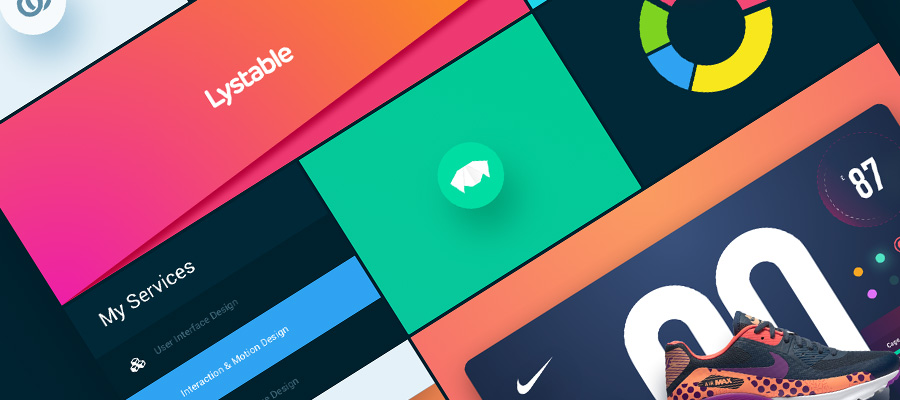Backups are extremely important if you’re running any website/business of value, and thanks to WordPress and WooCommerce, it is easier than ever to properly backup your website. But, before you do it, you need to learn all the reasons backups are necessary, what tools you need to use, and how to go about it. This article will answer all of these questions for you:
The Importance of Backups
The importance of regular backups can’t be overstated - especially if you’re running an e-commerce store. Here are a few of the multitude of reasons why you should back up your website:
- Keeping your website safe: e-commerce websites are built on reliability and safety. You don’t want all the data about your products to be lost just because there was a server failure one day. Not to mention, sometimes, deletions happen by mistake, and one of the website managers might delete a few records without meaning to. You don’t want those to be completely gone without no way of bringing them back.
- Protecting your clients: your clients need to feel safe ordering things from your website. You don’t want to lose all your clients’ data over a mistake or a bug. You also want to always have a complete record of your clients and their purchasing record - not only for their benefits but also because it is vital for market research. Keeping backups of your clients means you’ll never need to worry about losing vital information.

Home Decor Ecommerce Website by tubik
What Tools You Can Use to Properly Back Up Your Files
There are a ton of tools you can use to backup your data, and most of them do a good job. It isn’t as important which tool you use, but which features does the tool have. Here are the features you need to have in the backup tool to get the best and safest experience:
- Automatic backup: remembering to backup your website every week or so can get extremely tedious, and it is very unreliable. You might forget to backup your website for a month if you’re really busy, or you might travel and stop backing up the website for more than a month. You can avoid all these problems and save a lot of time if you get a tool with an automatic backup scheduler.
- Encryption: it is extremely unsafe to have complete website backups just lying around on your server without any encryption. Imagine if someone got access to it, your clients’ names, credit card information, etc. Your business will be completely destroyed - nobody will trust your website again. Not to mention, you might even get sued for negligence. You need a tool that will encrypt the backups and ensure they aren’t easily accessible.
- Ability to backup certain parts of the website: websites can grow disproportionately over time. Over the years, your website’s databases might store tens of gigabytes of information, if not more. With such a massive amount of information, it isn’t feasible to completely backup all the website’s info each week - it’ll take too much processing power and space. Having a backup tool that will allow you to back up the crucial parts of the website more frequently and back up the less important parts of the website less often will be a great feature.
How to Go About Backing Up Your Files
Now that you know the importance of backing up your files and have the tools to do so, it is now time to learn the process and settings you should choose when backing up your files:
- Back up the important files more: you need to configure your backup tool to ensure that you’re backing up the most important data more. You can afford to back up your clients’ names and credit card information every day, but you don’t need to back up reviews at the same pace.
- Make sure you’re running your backups in your website’s downtime: backing up your website can be a demanding process, especially if the data is large. If you’re backing up the website at a time where there are a lot of visitors, the loading times and the website’s responsiveness might suffer. It is usually a good idea to back up the website around 2 to 5 AM your time.
- Store backups on another server: one of the key reasons for backing up your website is to store your data somewhere safe. If you’re going to store the backup on the same server, then you’re really exposing yourself to the same dangers if you face a hard drive failure, for example. It is a better idea to make sure you’re automatically backing up the file to the cloud.
Conclusion
Hope this article told you all you need to know about the backup process. Creating and managing a WordPress website might be a bit overwhelming, especially for a beginner. That’s why, if you have a design in mind but don’t have any coding expertise, and you just want to get your e-commerce shop running, we recommend a PSD to Woocommerce conversion service that can manage all the minutiae for you.





















